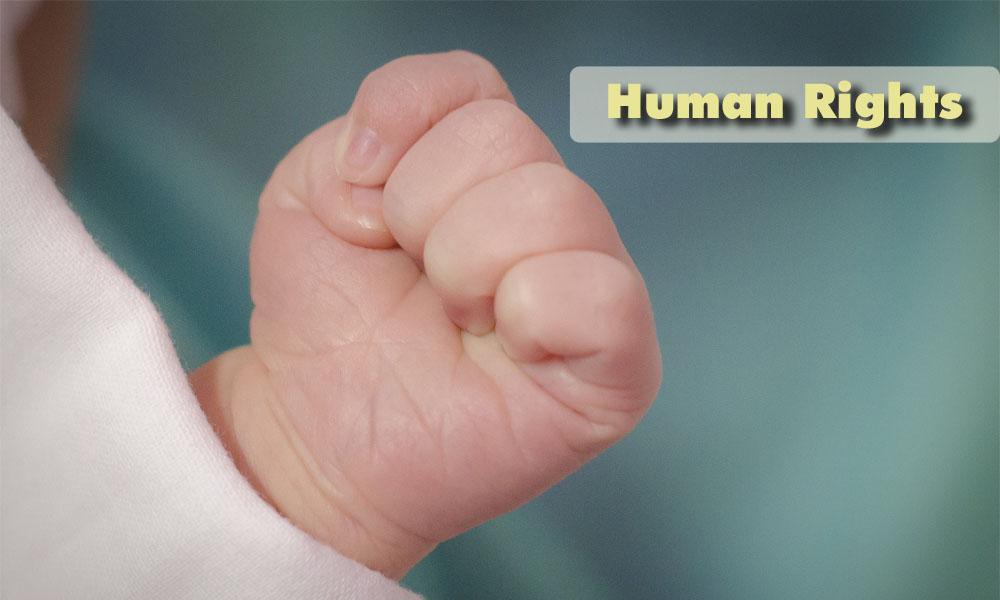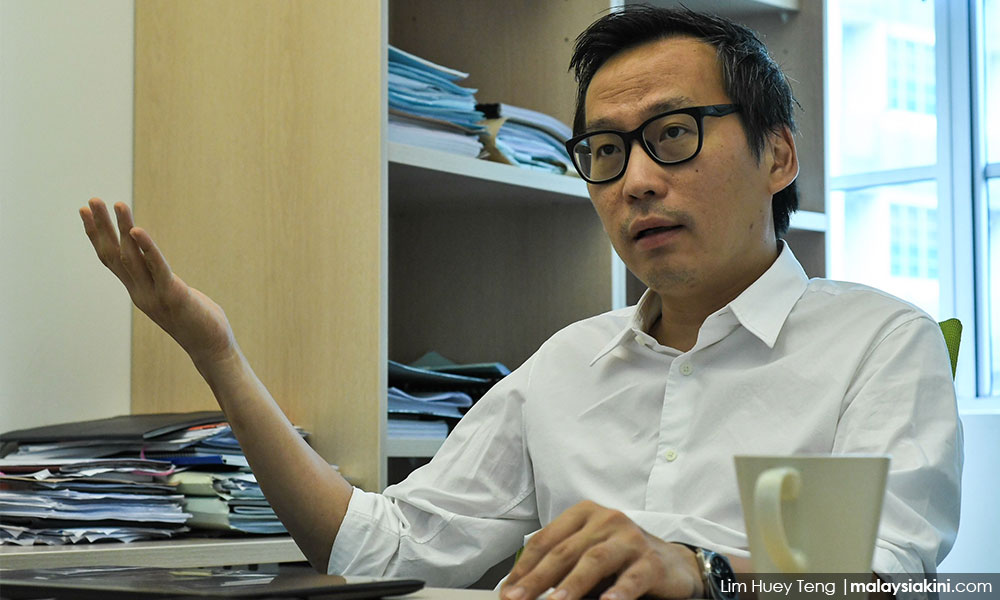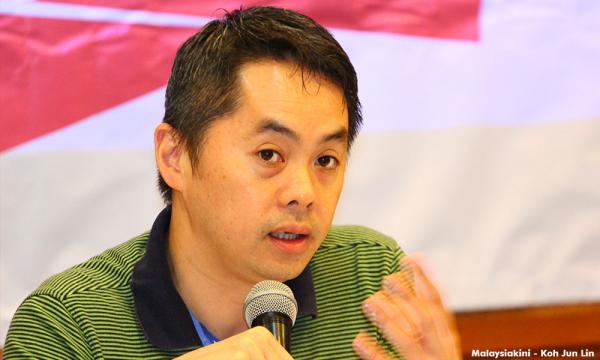COMMENT | I had the privilege of serving my term as the representative of Malaysia to the Asean Intergovernmental Commission on Human Rights (AICHR) from 2016 to 2018 under two foreign ministers, namely Anifah Aman and Saifuddin Abdullah.
They both appreciate that the representative, on the AICHR, must act independently and impartially in the discharge of his or her mandate. The representative represents the country, and not the government.
I thank them for having encouraged and supported the office of AICHR Malaysia. It is important for the credibility of the office that this understanding between the representative and the government continues.
In my work over the past three years, Malaysia’s position on all the human rights issues raised at the AICHR has been principled. As part of our human rights diplomacy and programming, the office has advocated for greater adherence to international human rights standards and practices by Asean member states.
Some of the matters included the following:
- On civil and political rights: The right to life; torture; the death penalty; expression and information; media freedom; the rights of accused persons in criminal cases; and legal aid.
- On economic, social and cultural rights: The right to safe drinking water and sanitation; education; and poverty eradication.
- On community rights: The right to development; clean and sustainable environment; and peace.
- On vulnerable groups: The rights of women, children, the indigenous, persons living with disabilities, migrant workers and refugees.
- On specific thematic issues: Gender equality; the economic empowerment of women; access to justice; business and human rights; Sustainable Development Goals (SDGS); binding Asean human rights treaties; and the implementation of the Convention on the Rights of the Child (CRC), the Convention on the Elimination of All Forms of Discrimination Against Women (CEDAW) and the Convention on the Rights of Persons with Disabilities (CRPD) by the region’s judiciaries.
Together with like-minded representatives, I have advanced Malaysia’s aspirations to expand the membership of countries in the region that speak the language of human rights. We are on the human rights map and must continue our effective collaborations with Indonesia, Thailand, and the Philippines on the AICHR to make it a fully fledged regional human rights mechanism.
We must persist to ensure that the AICHR becomes the human rights standard-setting body of the region by adopting common positions on issues that come before it, and by issuing its observations or recommendations.
In steering the discourse on human rights through a mechanism of cooperation within the AICHR, the office has developed excellent working relationships with regional and national Civil Society Organisations (CSOs), dialogue partners and government officials in sectoral bodies.

No AICHR representative will be able to shape the discourse without such relationships, and I wish to extend my appreciation to all persons and organisations who have worked with the office in no less than 100 meetings or programmes I have attended or participated in as a resource person or speaker.
In handing over my mandate, there are some outstanding matters which require immediate attention:
- The AICHR’s Terms of Reference need to be updated and reviewed. Malaysia, Indonesia, Thailand and Singapore had on numerous occasions expressed support for this long overdue endeavour.
- The crisis as a result of Myanmar’s actions that have created refugee communities both inside and outside the region, and internally displaced persons inside Myanmar. Malaysia must lead the ‘coalition of the able and willing’ within the AICHR to find and implement a durable solution through cooperation and diplomacy using the available A channels such as the Asean Coordinating Centre for Humanitarian Assistance (AHA Centre).
- The creation and adoption of a "communications mechanism" to receive human rights complaints and cases, and to respond to them. A set of guidelines was drafted by the Office for adoption by the AICHR, but there was no consensus.
At the national level, I am proud to say that over the term, I have been able to productively work with the government’s ministries, agencies, and officials on matters of the AICHR.
They have engaged with the office, provided the necessary information, guided me on matters of substance and in turn, have accepted many of the office’s technical advice and recommendations to improve our national human rights outcomes. Much of their work is out of sight of the public, and it would be negligent for me not to acknowledge the facts.
There is further no doubt in my mind that the office has benefitted from the hours of consultations and inputs with CSOs in Malaysia and around Southeast Asia on the matters that pertain. The office could not have achieved what it has without both the critique by, and the aid from, the CSOs.
National selection process
I wish to extend my warm appreciation to the numerous CSOs – you know who you are – that have been on this three-year AICHR journey with me. As part of the AICHR’s CSO screening panel together with Indonesia and Singapore, I was steadfast that the AICHR approves all applications for consultative status with the AICHR. The pool of CSOs with such a status has now enlarged to 30.
Malaysia must continue to craft the human rights narrative in Southeast Asia in partnership with CSOs as they have much to contribute to the AICHR. Given this, the AICHR has institutionalised an annual dialogue with CSOs with consultative status: the first was held in Bohol (2017) and the second in Chiang Rai (2018).
The dialogue is important because it provides the CSOs with the opportunity to communicate issues and cases to us as representatives.
In July 2018, I made my recommendations to Saifuddin on how the government could fulfil its pledge to improve and enhance the capacity of the office. Among others, there should be a national selection process for the new representative for the term of 2019 – 2021 conducted by an independent committee. Any Malaysian who is qualified could apply.
I thank the minister for implementing this recommendation. Malaysia now joins Indonesia and Thailand in adopting this process to select their representatives; and the policies have been to appoint representatives from CSOs, private institutions or academia.

This practice should continue. I am sure Eric Paulsen (photo) will make this office better than I have left it and I trust he will do Malaysia proud. I wish him the best.
I also express my gratitude to the former secretaries general Othman Hashim and Ramlan Ibrahim; and to the team at the Asean-Malaysia National Secretariat: former director general Jojie Samuel and current director general Ahmad Rozian Abd Ghani; Malaysian permanent representative to Asean Shariffah Norhana Syed Mustaffa; and my former assistants, Raja Intan Nor Zareen and Adlan Mohd Shaffieq.
Of course, I could not have done this much without the indomitable Nurul Aliaa Md Nor Azman who is my current assistant, and the other staff at the office. I wish to say thank you for your work and contributions provided in various ways.
Finally, I would like to express my deep appreciation to the team who designed our programmes and who put the flesh on the bones of the substantive concept notes, speeches, speaking notes and outcome documents for AICHR Malaysia: Andika Ab Wahab Dika, Ding Jo-Ann, Michelle Ng Sze Mei, Umavathni Vathanaganthan and New Sin Yew.
At today’s media conference, the minister also announced my appointment as a visiting fellow of the Institute of Strategic and International Studies (ISIS) with a view to establishing a new Centre for Human Rights Intervention and Diplomacy (CHRID).
I take cognisance that the details of the CHRID would have to be discussed, and I await further opportunities to do so with the relevant stakeholders.
EDMUND BON TAI SOON is a representative of Malaysia to AICHR (2016–2018).
The views expressed here are those of the author/contributor and do not necessarily represent the views of Malaysiakini.


